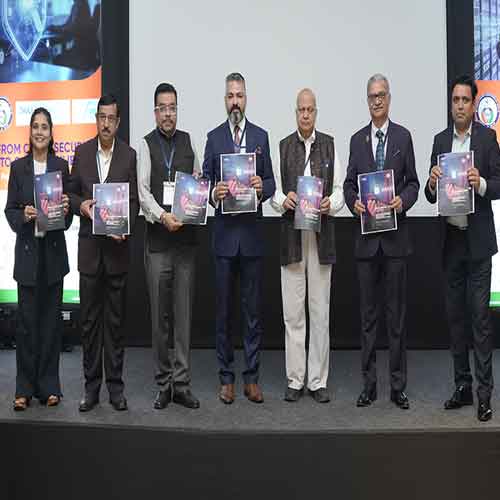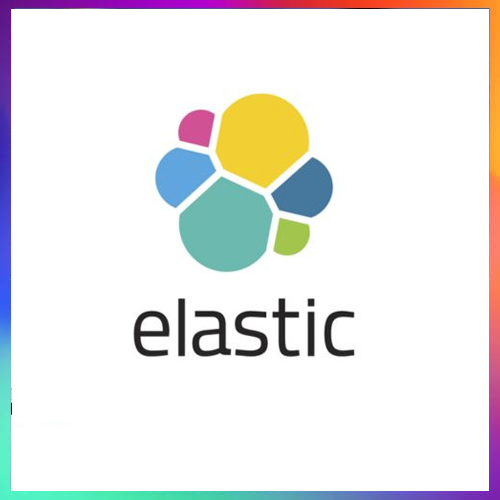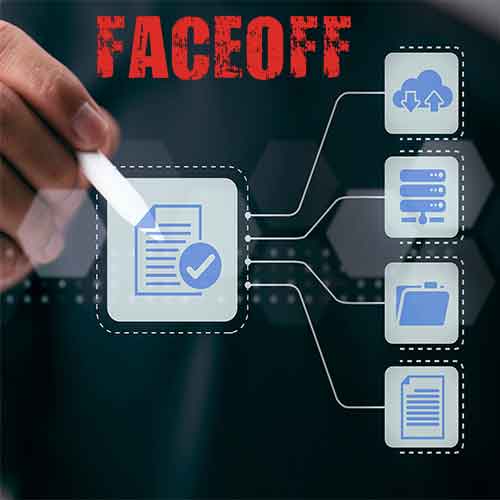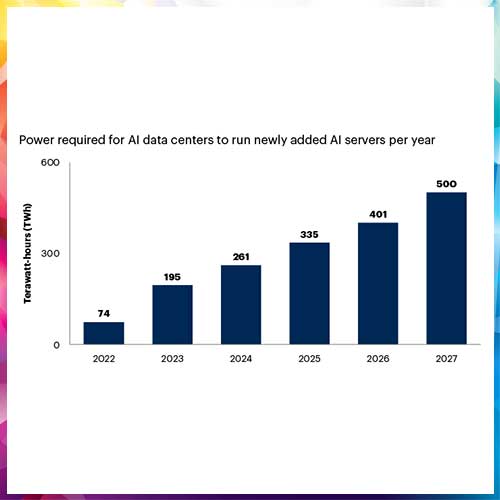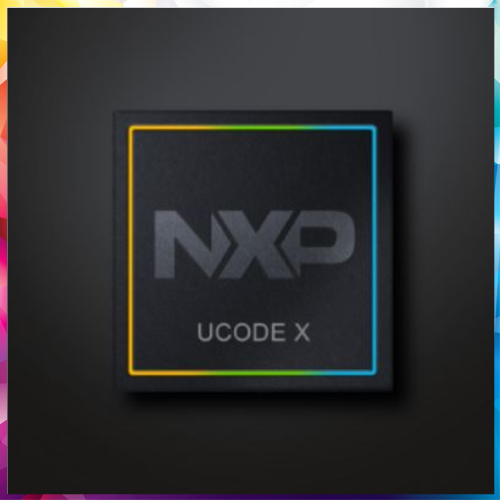
The lawsuit alleges Apple used a dataset known to include pirated books, raising concerns about its data sourcing and thrusting the typically discreet company into the broader legal and ethical debate over AI-generated content and copyright
Apple has been named in a proposed class-action lawsuit filed in a federal court in Northern California, with two authors accusing the tech giant of unlawfully using their copyrighted books to train its artificial intelligence models. The lawsuit claims Apple neither obtained consent nor provided compensation for the use of these literary works.
Authors Grady Hendrix and Jennifer Roberson allege that their books were part of a pirated dataset used in developing Apple’s large language model known as OpenELM. “Apple has not attempted to pay these authors for their contributions to this potentially lucrative venture,” the lawsuit states.
Part of a growing legal trend
This case adds to a growing list of legal actions against major tech firms over the use of copyrighted material in artificial intelligence development. In recent months, Microsoft, Meta, OpenAI, and AI startup Anthropic have all faced similar claims. In a notable development, Anthropic disclosed on Friday that it had agreed to a $1.5 billion settlement to resolve claims that it used copyrighted books to train its chatbot Claude. While the company did not admit wrongdoing, legal representatives for the authors called it the largest copyright settlement of its kind.
In June, Microsoft was sued by a group of writers alleging their books were used without authorization to train its AI system, Megatron. Meta and OpenAI have also come under fire for reportedly utilizing protected content without licenses.
Focus on Apple’s AI development
In the complaint, the plaintiffs argue that Apple used a dataset widely known to contain pirated books, raising concerns about the company’s data sourcing practices. While Apple has been relatively discreet about its AI development compared to rivals, this lawsuit places it squarely in the spotlight of a broader legal and ethical debate surrounding content usage in generative AI.
As of Friday, Apple and attorneys for the plaintiffs had not issued public statements regarding the litigation.
See What’s Next in Tech With the Fast Forward Newsletter
Tweets From @varindiamag
Nothing to see here - yet
When they Tweet, their Tweets will show up here.






